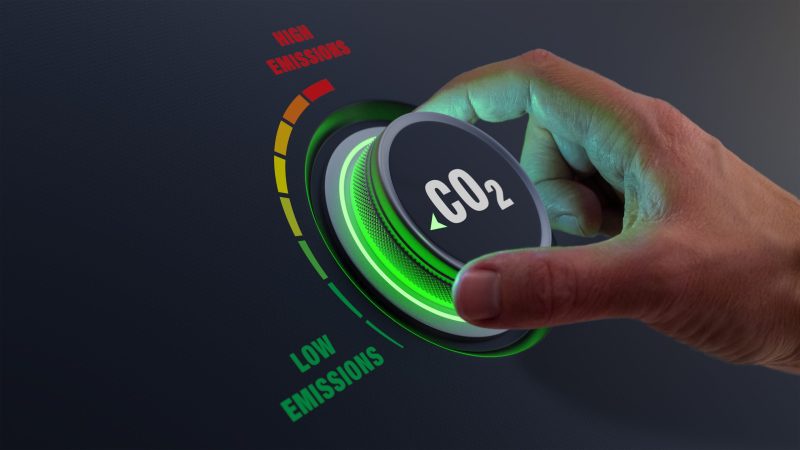Sustainability is an integral part of doing business today, thanks to both public demand for environmentally friendly goods and services, and the need to comply with Environmental, Social and Governance (ESG) regulations in many economies. For the logistics sector, this is a great opportunity to reimagine processes and customer offerings, as well as enhance efficiencies to reduce carbon emissions. The circular economy model is a great guiding principle.
What is a circular economy?
Instead of the linear-economy idea of production, consumption, and disposal, the circular economy is based on more sustainable ways of doing business through sharing, reusing, recycling and refurbishing products.
It offers an opportunity to integrate sustainable principles into the operations of the logistics business itself. One exciting circular-economy trend is in the area of reverse logistics - the movement of goods from customers back to the sellers or manufacturers.
The importance of reverse logistics
Reverse logistics is a part of the circular economy, and it is a large market. Globally, the reverse logistics market was valued at USD939 billion in 2022 and is growing at 12.3% a year.
Reverse logistics offers an opportunity to extend the life of every product. The approach aligns with the Thai government's circular economy guidelines that encourage the private sector to develop new business models to share, reuse, repair, and maintain resources, to reduce costs and environmental impact.
How Thai businesses can adopt reverse logistics
The rise of e-commerce, driven by the pandemic, has become a key driver of small business, and the logistics sector.
In 2023, the e-commerce market in Thailand was forecasted to reach around 900 billion Thai Baht, driven by the country's rising number of e-commerce consumers and growing competition among online marketplaces such as Lazada and Shopee, as well as social commerce platforms such as Facebook and Tik Tok. Additionally, the Thai e-commerce market is expected to grow at about 6% a year.
With e-commerce being one of the greatest frontiers of opportunity of Thailand's trade, it is crucial for businesses and e-tailers to start adopting reverse logistics to contribute to a positive impact on the environment.
The reverse logistics model can take several forms. Here are a few ways e-tailers can implement reverse logistics.
- Waste management is a significant part of the reverse logistics industry. At FedEx, we have found opportunities to recycle waste through the collaboration with N15 Technology, to convert some of our waste from our operations into refuse derived fuel (RDF) for cement kilns.
- Another reverse-logistics application is in product cascading, where materials, components and peripherals associated with a product are kept in circulation for as long as possible. They are repaired and exchanged, and new designs are created that still work with existing designs.
In Thailand, FedEx collaborated with recycling company SC Grand to recycle more than 200 old FedEx uniforms into fiber, yarn and fabric then used to make 700 FedEx caps. - Refurbishment is another new service that manufacturers offer, encouraging customers to send in their used products for remanufacture, to extend their life, in order to be used again by the same customer, or new ones.
- Businesses should look to create channels for recycling or waste management, even when a product has reached its due date.
Brands, for example, can incentivize customers to donate their used items for recycling or reprocessing. This is especially important with e-waste, which can often be recycled. - Finally, there is the fundamental offering of a clear, simple returns process, where customers can easily return unwanted goods for replacement or refund. These returned goods then become prime candidates for recycling or resale.
To facilitate this process, at FedEx, we have designed packaging like our Reusable Pak to be easily repurposed for product returns and reuse for other purposes.
Opportunities in Thailand for reverse logistics
For small businesses in Thailand, there are significant benefits to expanding their reverse logistics offerings. Besides, sustainability can be one key consideration for e-commerce businesses to stand out from competitors. According to the FedEx What's Next in E-Commerce survey, 9 out of 10 consumers in Thailand expect the e-commerce companies they buy from to pursue sustainable business models. 8 out of 10 also prefer to buy from companies with an effective ESG policy in place.
However, as we commit to e-commerce, it may be useful to think of it as part of an ongoing relationship between customers and clients, involving logistics and reverse logistics. As the circular economy takes root, e-commerce will stop being a one-way transaction - and become a two-way interaction.
Source: Weber Shandwick

